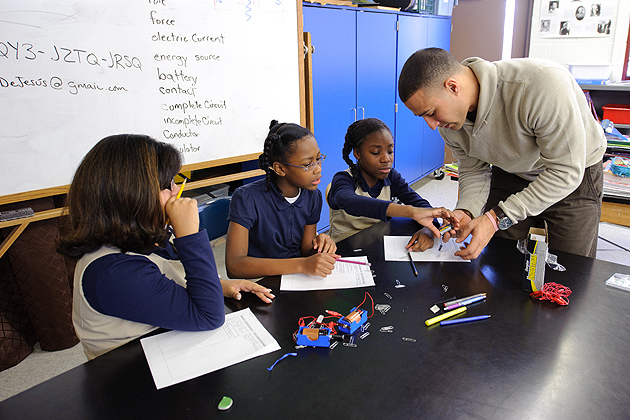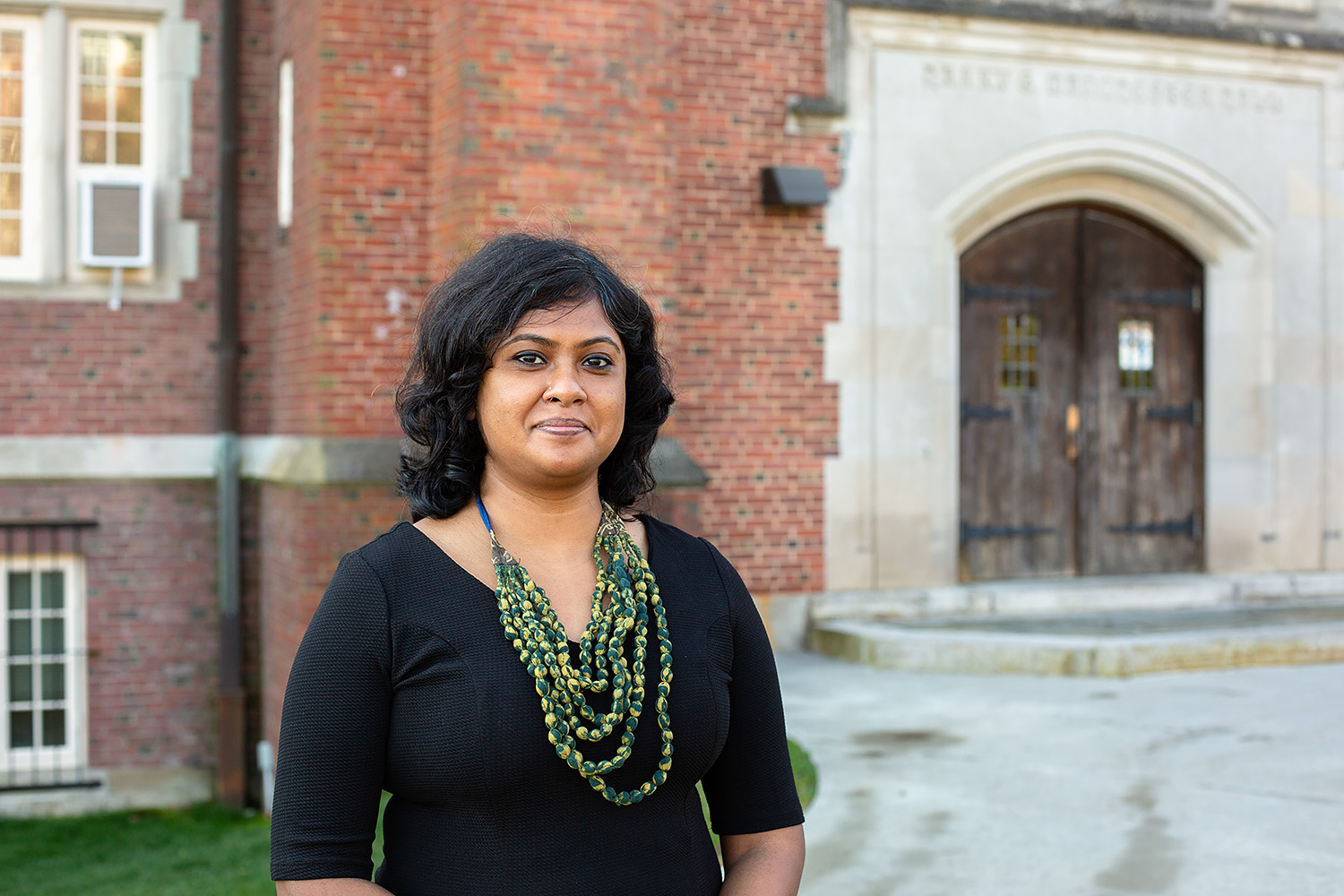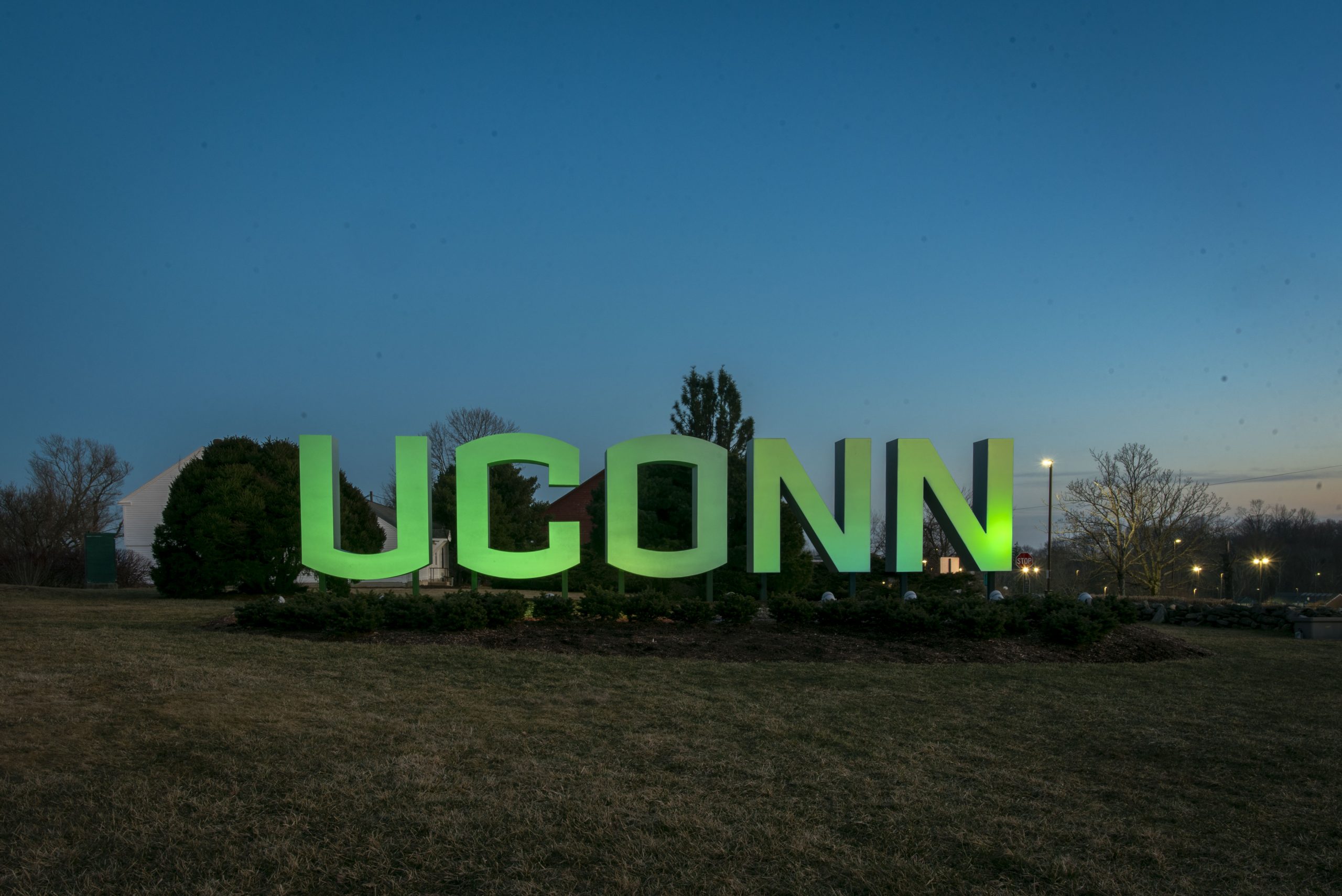Casey Cobb, professor and head of the educational leadership department at UConn’s Neag School of Education, explains how Common Core State Standards are beneficial to the nation.
The more Americans know about the Common Core Standards Initiative, the less likely they are to think it will achieve its goal of improving nationwide education outcomes in reading, writing, and math for K-12 students, according to a UConn Poll released Monday.
The survey found that just 39 percent of Americans have heard of the much-debated initiative, which includes 44 of 50 states, compared to 95 percent who’ve heard of No Child Left Behind, an earlier federal effort to improve education outcomes.
Those who do know about Common Core, though, are generally skeptical of the initiative’s ability to boost the quality of American education. Just 33 percent believe adopting Common Core standards will increase the quality of education in their communities, compared to 27 percent who say it will have no effect, and 30 percent who say it will actually be detrimental.
Similarly, only 29 percent of respondents who know about Common Core think it will increase the number of students who attend college, and 33 percent say the initiative will mean that more of those Americans who graduate college will be ready for a career.
Overall, 38 percent believe Common Core is a good policy, compared to 44 percent who believe the opposite.
The skepticism about Common Core is generally consistent across demographic groups, except when it comes to political affiliation and ideology, notes UConn Poll director Jennifer Necci Dineen.
“In general, Democrats and liberals are more likely than anyone else to regard Common Core positively, while Republicans and conservatives are far more wary,” she said. “That suggests people are seeing this issue at least partly in partisan political terms, rather than evaluating the initiative on its own merits.”
The debate over Common Core has fueled some misconceptions about what the initiative actually means, according to Casey Cobb, head of the educational leadership department at UConn’s Neag School of Education.
“Ironically, the perception of Common Core sometimes is that it’s a national curriculum that’s being forced onto states, and that’s more myth than reality,” he says. “Unlike some earlier reforms, like No Child Left Behind, there’s actually more flexibility for states when it comes to working with this set of standards.”
Fifty-four percent of Democrats, for example, say Common Core is good policy, compared to 30 percent of Republicans and 38 percent of Americans who’ve heard of the initiative. The distinction is even more stark along ideological lines: 53 percent of liberals favor the policy, compared to 24 percent of conservatives.
Dineen points out that Americans aren’t opposed to a set of national standards in education that should hold true from state to state, which is one of the ostensible goals of Common Core: 73 percent say national standards are a good idea, 64 percent say the expectations of students should be the same in all states, and 68 percent say it’s very important to have a consistent quality of education regardless of where students live.
“Americans like the idea of national standards to ensure a good education whether you’re in Massachusetts or Mississippi,” Dineen says. “They just don’t think Common Core is the best way to achieve that.”
Some of this wariness might be a reflection of the fact that Americans are, in general, positive about their local schools. The UConn Poll found that 59 percent of Americans believe the quality of local education is either good or excellent, compared to 11 percent who think it’s poor.
Americans also believe schools are generally doing a good job despite financial hardship: from a list of 20 problems confronting local schools, budget woes were by far the most significant, according to the poll. Thirty-two percent of Americans rate that as the most significant problem, dwarfing other challenges like poverty (2 percent), lack of parental involvement (4 percent), safety (5 percent), standardized testing (2 percent), bad teachers (4 percent), and unions (1 percent).
For a complete set of questions and tabulations, visit www.poll.uconn.edu.
These findings are based on The UConn Poll. The national sample of 1,007 randomly selected adults were interviewed by landline and cellular telephone between April 22 and April 30, 2014. The margin of sampling error for the survey is +/- 3 percentage points for the entire sample, and larger for subgroups.
The data have been weighted by the number of adults in a household and the number of telephone numbers, land and cellular, at which adults in the household can be reached in order to equalize the chances of an individual adult being selected. The data have also been weighted by the sex, race, and level of education of the respondent, based on the American Community Survey conducted by the U.S. Census.



